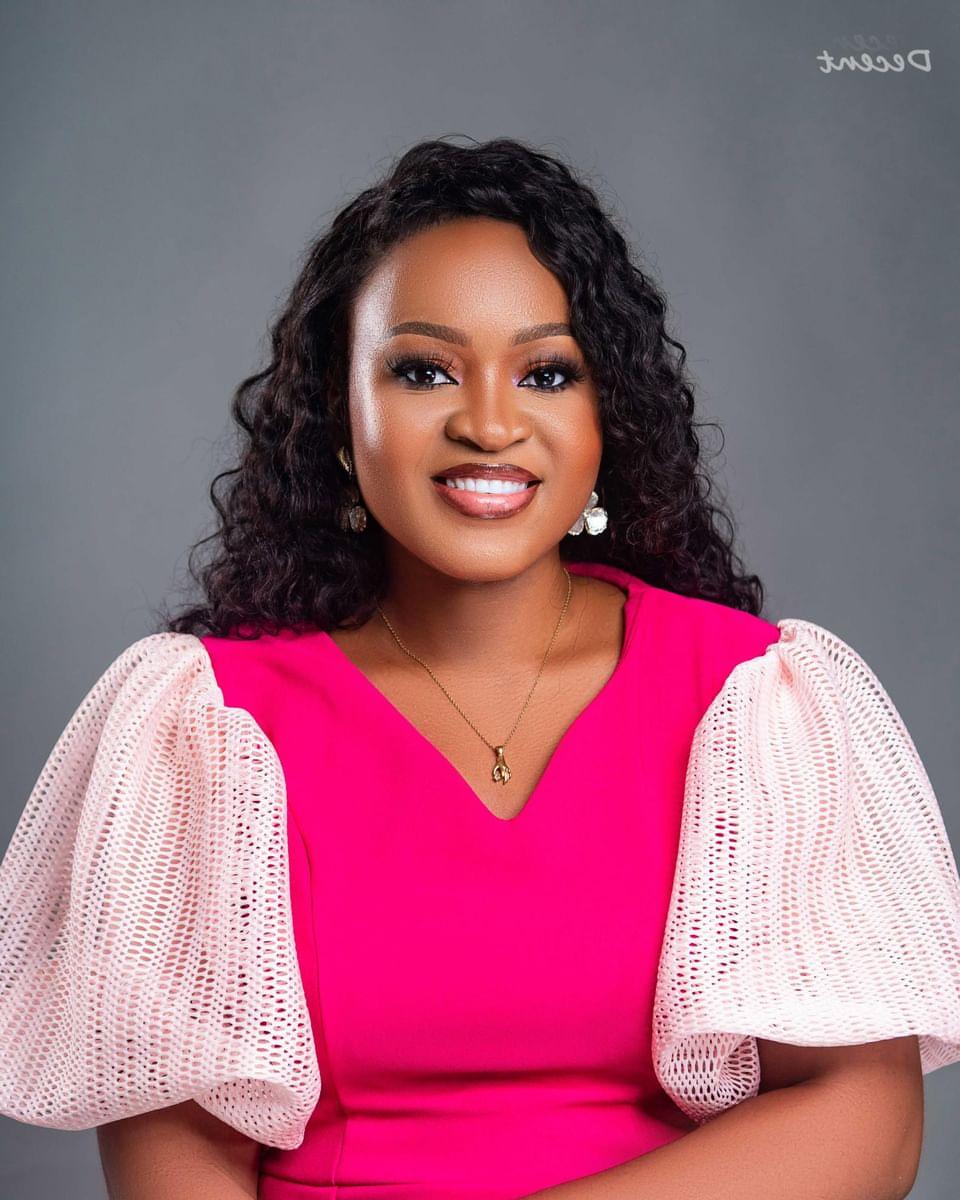
Growing up as a child in the 90s, we spoke our native language fluently. It was the official language of communication in our home, neighbourhood, church and market. There was no special effort towards inculcating the Igbo into our everyday life; it was simply a part of it. Interestingly, being grounded in our local language helped us learn and express ourselves in English better. It helped build our confidence in who we were and also indirectly taught us about other ethnic groups in Nigeria because they had a different language from ours.
As we celebrate International Literacy Day 2024 with the theme, “Promoting Multilingual Education: Literacy for Mutual Understanding and Peace,” I find myself reflecting on the situation in Nigeria. Nigeria is a vibrant and culturally diverse nation, boasting over 250 ethnic groups and about 525 native languages. Yet, despite this rich linguistic and cultural heritage, our native dialects are rarely used to educate the younger generation, which is a notable contrast from our childhood days. This disconnection from our indigenous languages is alarming because it threatens the gradual eradication of local languages and cultures in future generations.
Growing up, I was taught in English, just like the majority of Nigerian children today. English is the official language of instruction in schools, businesses, and government, and in recent years, there has also been a surge in interest in foreign languages such as French and Mandarin. Our children, it seems, are becoming increasingly globalised, often more fluent in these foreign tongues than in their native dialects. While fluency in multiple languages is undoubtedly beneficial, there is an undeniable cost when it comes at the expense of one’s mother tongue.
The languages of our ancestors are not only modes of communication but also repositories of our collective history, traditions, and worldview. Every Nigerian dialect carries with it centuries of wisdom, cultural values and core identity. By failing to promote multilingual education that includes indigenous languages, we risk losing an essential part of ourselves. This loss not only affects our identity but also weakens the very fabric that binds us together as ethnic groups and as a nation.
We need to recognise the importance of promoting literacy in our local languages alongside the global languages that open opportunities for Nigerians in the international community. Multilingual education fosters mutual understanding, respect for diversity and, ultimately, peace. In a country like Nigeria, where ethnic and religious tensions have been a persistent challenge, promoting mutual understanding through language could be a crucial step toward national unity.
Imagine if every Nigerian child could fluently speak their native language alongside English and other international languages. They would not only be multilingual but also deeply connected to their roots. Such a child would grow up with a sense of pride in their cultural identity while also being equipped with the skills needed to thrive in the global economy. Moreover, the ability to communicate across different Nigerian languages would foster greater empathy and understanding between the diverse ethnic groups in our country.
There is also a cognitive benefit to multilingual education. Research has shown that children who grow up learning multiple languages develop better problem-solving skills, enhanced creativity, and improved cognitive flexibility. Multilingualism broadens their minds and helps them see the world from different perspectives — something that is desperately needed in a country as diverse as ours.
But how can we ensure that future generations of Nigerians do not lose touch with their linguistic heritage?
One approach is to integrate local languages into our formal education system. Currently, most schools, especially in urban areas, focus primarily on English, with little to no instruction at all in local dialects. By introducing indigenous languages as part of the school curriculum, especially in the early years of education and giving it adequate attention, we can help children become fluent in both their mother tongue and other languages. Teachers could be trained to teach these languages, and learning materials could be developed to support them.
Beyond the classroom, parents and communities also play a critical role. In many Nigerian homes, English has become the dominant language spoken, even in families where both parents speak a local dialect. As parents, we need to be intentional about speaking our native language to our children, encouraging them to use it in daily conversation and take pride in their linguistic heritage.
As we celebrate International Literacy Day, I urge Nigerians to reflect on the significance of our indigenous languages and the role they play in fostering understanding and peace. Let’s not allow globalisation and the dominance of English and other international languages to overshadow the languages that make Nigeria unique. By promoting multilingual education that includes our native dialects, we can preserve our cultural heritage, promote national unity, and equip future generations with the tools they need to navigate an increasingly interconnected world. Literacy, after all, is not just about the ability to read and write; it is about understanding, communication, and connection. It is about preserving the stories of our past while building bridges to a brighter, more inclusive future.
The post Rita Chidinma: How Do We Preserve Our Indigenous Languages in Nigeria? appeared first on BellaNaija - Showcasing Africa to the world. Read today!.
from BellaNaija https://ift.tt/KaC0x5F
